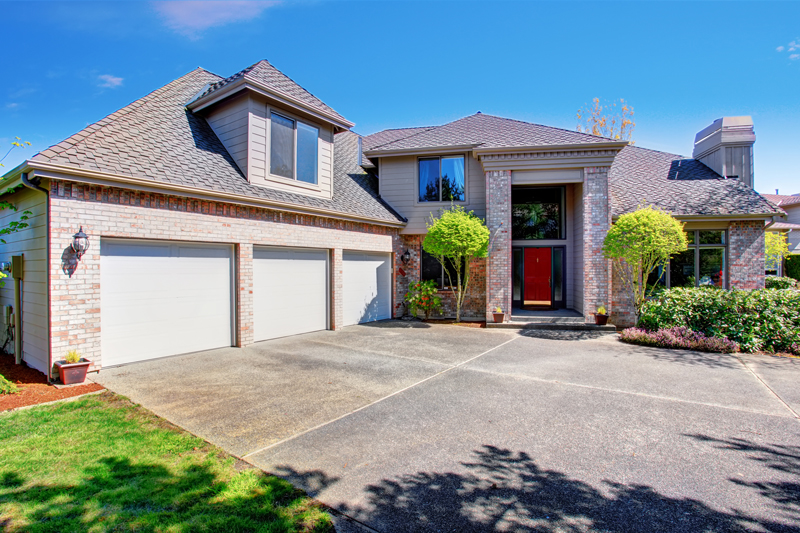Water and moisture are the enemies of any basement or foundation. Unchecked, water seeps in and causes damage like mold, mildew, cracks, and structural issues. As a homeowner, it’s vital to understand how to properly waterproof concrete and keep your basement dry and protected. Concrete is porous, meaning it absorbs water. Water seeps in through tiny cracks and pores in the concrete.
- Dampness – Wet basement air feels cold and clammy, and leads to mold growth.
- Cracks – Water expands when it freezes. This expansion force causes cracks in concrete over time.
- Spalling – When water seeps into the concrete and reaches the steel rebar inside, it can cause the rebar to rust and expand. This expansion causes the concrete to flake or “spall.”
- Flooding – Large amounts of groundwater penetration can lead to actual flooding in a basement.
- Structural damage – Constant moisture seepage compromises the overall strength and integrity of concrete over the long run.
For all of these problems to avoid, concrete waterproofing is a must. There are several effective waterproofing options to keep the basement dry.
Surface treatments
Surface treatments involve coating the concrete with water-repellent materials. These are the least expensive options.
- Waterproof paint – Special basement paints contain polymers that help repel water. These paints are easy to apply with a roller.
- Concrete sealers – Sealers apply like paint. They soak into the concrete and clog pores to prevent moisture absorption. Silane/siloxane sealers offer the best protection and can last 5-10 years.
- Asphalt coatings – Asphalt-based coatings offer longer protection than paints. They are brushed or sprayed on. It is necessary to apply two coats for the best water resistance.
Internal concrete sealers
Internal sealers work by actually sealing concrete from the inside out. It prevents water from passing through the concrete itself.
- Integral waterproofing admixtures – These liquid admixtures mix during concrete mixing. They spread throughout the concrete and block moisture. Protection lasts the lifetime of the concrete Sutherland Shire.
- Surface-applied sealers – These are pastes or slurries that penetrate the top layer of cured concrete. Some common examples are sodium silicates, acrylics, or epoxies. They offer long-term protection against moisture.
External waterproofing membranes
Exterior waterproofing uses a membrane material that acts as an impermeable moisture barrier. Membranes are applied to the foundation walls or the entire basement slab.
- Liquid-applied membranes – These rubbery coatings are rolled or brushed onto the exterior foundation walls and slab. Rubberized asphalt, polyurethane, and rubber polymers are common materials.
- Sheet membranes – This involves adhering sheets of waterproof polyvinyl, rubber polymer, or modified bitumen directly to the concrete foundation.
- Drainage board – A moisture drainage board sits on top of the membrane. It helps direct seepage water away from the foundation to interior or exterior drainage systems.
Waterproofing requires some investment, but it is much less expensive than repairing water damage later on. Most waterproofing applications last 1-3 days. Your basement will benefit from clean, dry air and added protection from leaks. Be sure to consult a qualified waterproofing contractor to pick the best solution for your home. With the right waterproofing plan, you enjoy a dry, comfortable basement for decades ahead.

